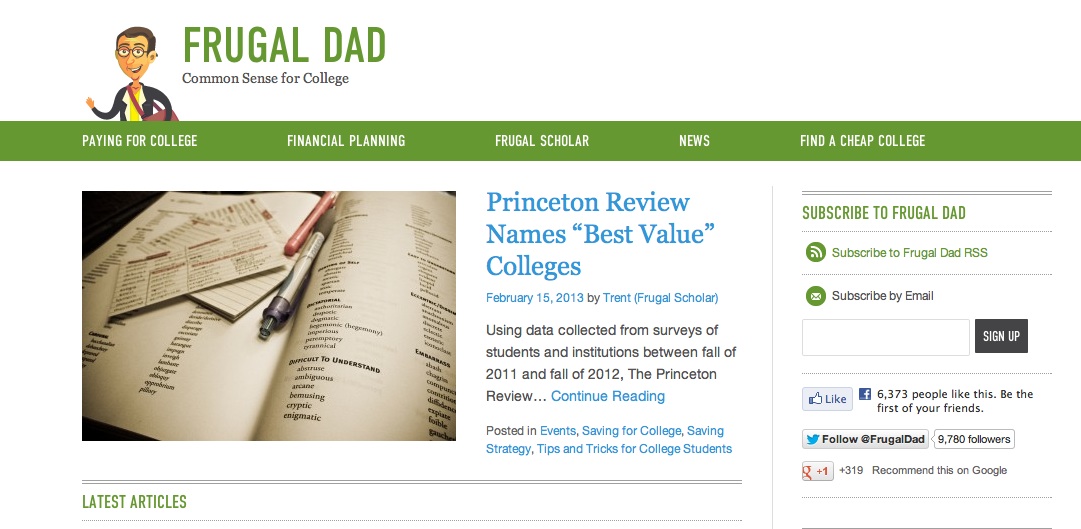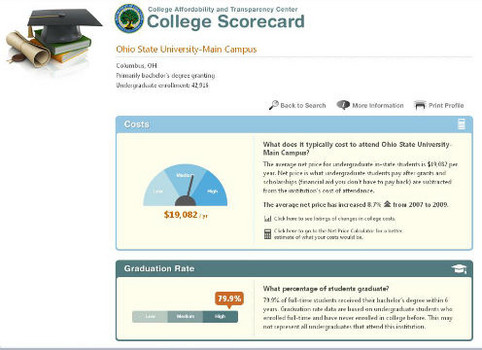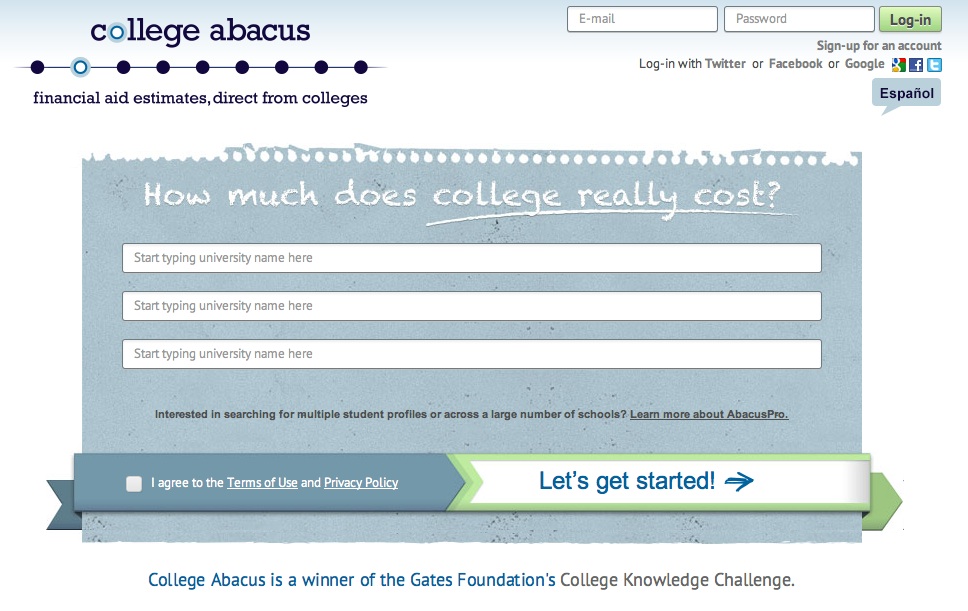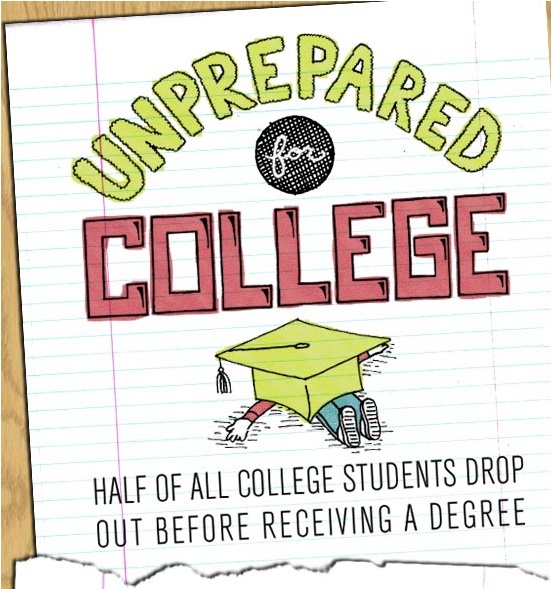 Big college dreams have a big price tag. Most students use some form of aid to pay for college. According to CollegeBoard, more than $207 billion in aid is available. From federal loans to scholarship contests, opportunities to knock down college costs appear to those who search. Leave no stone unturned and look into these college aid resources to cover the costs.
Big college dreams have a big price tag. Most students use some form of aid to pay for college. According to CollegeBoard, more than $207 billion in aid is available. From federal loans to scholarship contests, opportunities to knock down college costs appear to those who search. Leave no stone unturned and look into these college aid resources to cover the costs.
FAFSA
With the potential for grants, loans and work-study incentives, the Free Application for Federal Student Aid (FAFSA) is square one when it comes to paying for college. The FAFSA analyzes family financial information through the federal-need formula. Among other things, FAFSA takes tax information into account, so Collegeboard.org recommends filing tax returns before starting the application. However, if your taxes aren’t ready, file with estimated amounts from last year and update with correct amounts after filing.
Aimed at providing a path to college for any student, the FAFSA is particularly advantageous for disadvantaged students, who have a better chance to receive free grants and scholarships.
Students can fill out this lengthy application at Fafsa.ed.gov.
Scholarship Contests
Students with 4.0 GPAs and high SAT scores aren’t the only ones who can take advantage of scholarship money. Scholarship contests offer students an equal playing field to show their stuff. Whether it’s an essay, video or presentation, these performance-based contests highlight talent in any field.
Scholarships.com lists news opportunities in various categories, including minority scholarships, corporate scholarships and even non-academic scholarships. A quick Google News search for “scholarship contests” will return the latest contents and deadlines.
Ask your guidance counselor for additional local opportunities, and explore the internet for the latest scholarship offers.
Student Loans
Free money is preferable, but loans enable students to have a classic college experience even if they can’t pay for it up front. This growing trend in financial aid is putting thousands of students through college and collecting payments from millions. In early January, student loan debt in the U.S. surpassed $1 trillion, according to Foxbusiness.com, and that number is expected to grow even more.
The FAFSA provides opportunities for federal student loans. Sallie Mae bank offers a private option to compete with these government offerings.
Loans can provide a worry-free college experience, but don’t over-borrow and saddle yourself with too much debt. Once graduation comes, failing to make payments can compromise your financial stability. The rule of thumb with student loans–borrow wisely.
Unconventional Aid
Some scholarship opportunities don’t fit into traditional molds. Unique scholarships give students that may not otherwise stand out a chance at college aid. The vertically-challenged student, for example, can take advantage of the Little People of America Association’s scholarship for students 4’10” or shorter. Left-handed students that have had to deal with awkward desks and sloppy writing are in luck, too. The Frederick and Mary F. Beckley Scholarship Program offers money for southpaws who demonstrate leadership skills.
Every student has something unique about him or her. Search for the scholarships that separate you from the crowd.
Work and pay as you go
Many students are choosing to work and pay as they go. High school students work during the summers and save for textbooks and other essentials not covered in tuition. Some students choose the community college route, attending classes as they can afford to pay for them. Other students opt to use the work study program at their college to supplement tuition expenses.
Colleges are recognizing that tuition costs are rising the average family cannot afford to chunk down tens of thousands of dollars at the beginning of the school term. They offer payment plans which spread the tuition out over the school year to help parents budget and pay as they go.
College is in reach if you take the time to research the many opportunities available and use that information to make a college choice that best fits into your available budget. Don’t let financial barriers keep you from achieving your dreams; and don’t let financial barriers lure you into overwhelming debt just to pay for a high-priced college.










